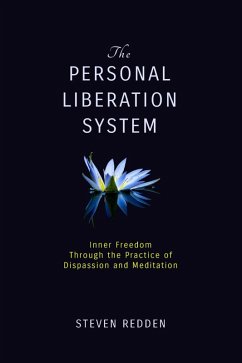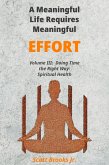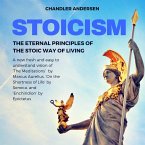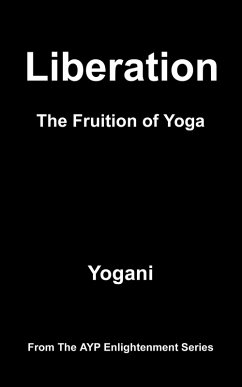The PLS is designed for people with a wide variety of motives and goals: (1) be a better person and have a better life; (2) free yourself from painful patterns and reactions to life; (3) uncover your real Self and live at your center; (4) improve our relationships; (5) tread the spiritual path. If you have the will to improve your psychological well-being in most any area, the PLS techniques will furnish the way to accomplish it.
The book contains everything you need to know about how to use the system. It was designed to serve as both an instruction manual and a handy reference source once you put the techniques into practice. Here are its topics and overall structure:
Part I. Dispassion
The Basis of Dispassion - The Necessity for Dispassion - The Science of Dispassion - Seeking & Accepting Facts - Expecting Nothing - Rejecting Unnecessary Seriousness - Learning Through Experimentation - Minding Our Own Business - Curbing Needless Speculation - Forgetting the Past - Controlling Speech
Part II. Meditation
The Basis of Meditation - The Necessity for Meditation - The Basic Meditation - Mind as a Movie Theater - Mind as a Concept Creator
Individual chapters typically contain five sections: an analysis of a given problem, the PLS methods for solving it, exercises and checklists for implementing the solution, an example of applying the methods to a real-life situation, and a summary of the chapter's essential points. Here are some sample passages:
In every situation, we have a choice: we can either (1) have the situation or (2) have the situation, plus add a problem to it by being thrown into agitation about it. If we choose (2), we now have two "problems," the second of which is entirely created by us.
The moment we start regarding expectations as "things we can depend on happening-and they had better happen or we will be really upset," we have bought ourselves a ticket to dispassion disaster. For every such expectation is a land mine that we lay in our own psyche, and eventually some person (or situation) will "step on" one, and it will blow up-inside us.
Like a barnacle attached to a ship, feeling serious usually accompanies thinking seriously and acting seriously. Yet we can address even the most serious matters better when we do not feel serious about them.
Most of us probably associate failing to mind our own business with the burdensome effects it produces on the "interferee." But it is also a major source of agitation and bondage for the "interferer," and learning to leave people free is profoundly liberating. It is an expression of "soul courtesy," which scrupulously avoids actions that infringe others' free will or unfairly make their lives harder.
Every one of us lives in a private, one-seat theater in which we experience a series of interior movies created by us and known only to us.
Dieser Download kann aus rechtlichen Gründen nur mit Rechnungsadresse in A, B, CY, CZ, D, DK, EW, E, FIN, F, GR, H, IRL, I, LT, L, LR, M, NL, PL, P, R, S, SLO, SK ausgeliefert werden.









